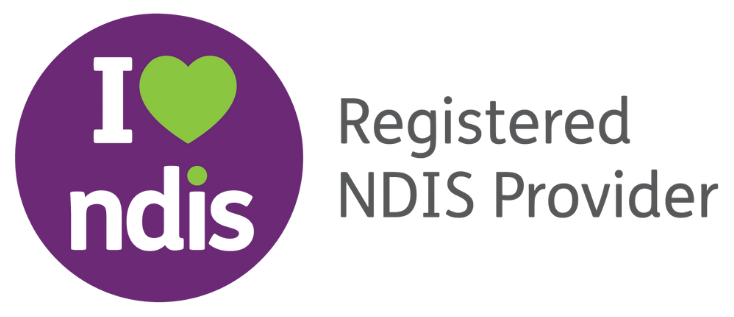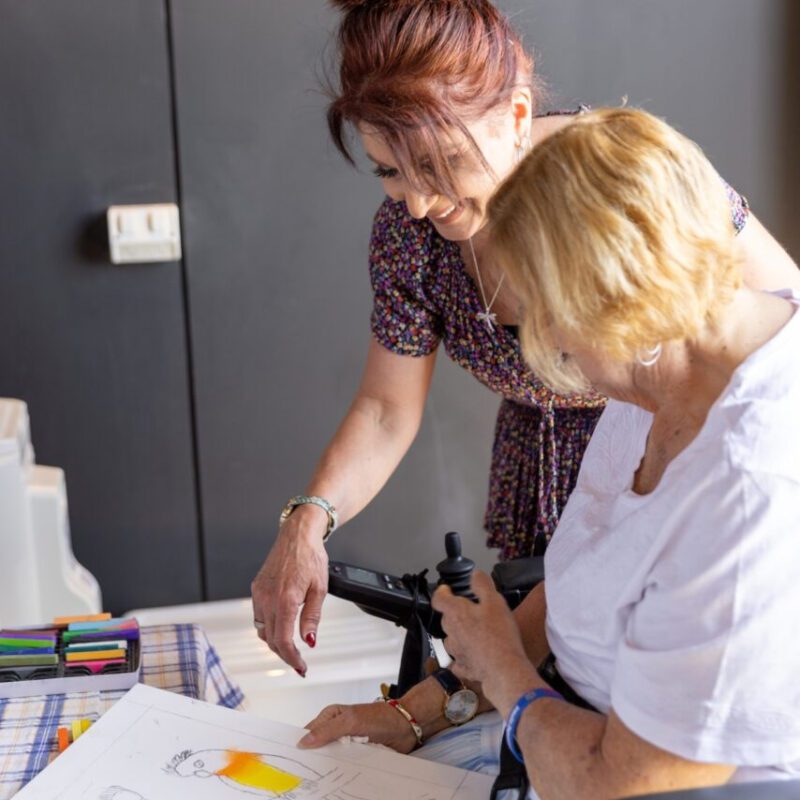For NDIS participants, leaving the hospital isn’t just about going home. It’s about returning to a life of independence, dignity, and the right support. Discharge planning plays a crucial role in making sure that transition is smooth, safe, and tailored to the individual’s needs.
At Allara Support Services, we understand that hospital discharge can be a stressful and uncertain time. Whether you’re a participant, family member, Support Coordinator or allied health professional, a well-organised discharge plan can make all the difference.
What is Discharge Planning?
Discharge planning is the process of preparing someone to safely leave hospital and continue receiving the support they need in the community. It involves a coordinated approach between hospital staff, NDIS providers, Support Coordinators, and the participant themselves.
For NDIS participants, this planning is particularly important because the right supports must be in place, not just for recovery but also for day-to-day living, community access, personal care, mobility, and more.
Why is Discharge Planning So Important?
Without a strong discharge plan, participants can face:
- Delays in leaving hospital, even when they’re medically ready
- Breakdowns in care, leading to poor health outcomes
- Increased risk of readmission
- Emotional distress for both the participant and their family
- A loss of independence if appropriate NDIS supports aren’t in place
The goal is to reduce all of these risks and instead build a path that supports recovery, wellbeing, and a return to normal life, whatever that looks like for the individual.
Key Considerations in NDIS Discharge Planning
Here’s what a good discharge plan should include for NDIS participants:
1. Collaboration is Key
Effective discharge planning is a team effort. It should involve:
- The hospital team (doctors, nurses, allied health)
- The NDIS participant and/or their decision-maker
- The Support Coordinator (if applicable)
- The NDIS provider (like Allara)
- Any informal supports (family or friends)
Open communication across this team ensures nothing slips through the cracks.
2. Understanding the Participant’s Needs
Every participant is different. Discharge plans must reflect the person’s:
- Level of mobility
- Mental and physical health needs
- Medication and therapy requirements
- Living situation
- Cultural preferences
- Goals and aspirations
3. Sourcing the Right Supports
This might include:
- Supported Independent Living (SIL) arrangements
- Short Term Accommodation or transitional housing
- Community nursing or in-home care
- Therapies and allied health services
- Transport services
- Assistive technology and home modifications
Allara can help coordinate these supports quickly and professionally, ensuring the participant isn’t left waiting.
4. Plan Reviews and Funding
Sometimes a participant’s current NDIS plan doesn’t have the funding or supports required after discharge. In these cases, a plan review or Change of Circumstances request may be needed. Allara can work alongside Support Coordinators to gather reports, submit requests, and advocate for the necessary funding to ensure a safe return home.
5. Timing and Communication
The earlier discharge planning begins, the better. Ideally, discussions should start the moment a participant is admitted to hospital, not just when they’re getting ready to leave.
Delays often happen when providers are contacted too late. Giving Allara early notice means we can get things moving quickly and avoid unnecessary extensions of hospital stays.
How Allara Support Services Can Help
We’re experienced in working alongside hospitals, Support Coordinators, and families to make discharge planning stress-free and person-centred.
Our mission is to make sure that no participant stays in hospital longer than they need to. When they leave, they should be met with the support, care, and dignity they deserve.
Hospital discharge is not the end of a journey. It’s a new chapter. With the right support team and planning in place, NDIS participants can return to community living feeling empowered, safe, and supported.
If you’re supporting someone who’s in hospital and needs help transitioning out, don’t wait until the last minute. Get in touch with Allara Support Services early so we can support a smooth, well-planned transition out of hospital and give you the care and support you deserve.


